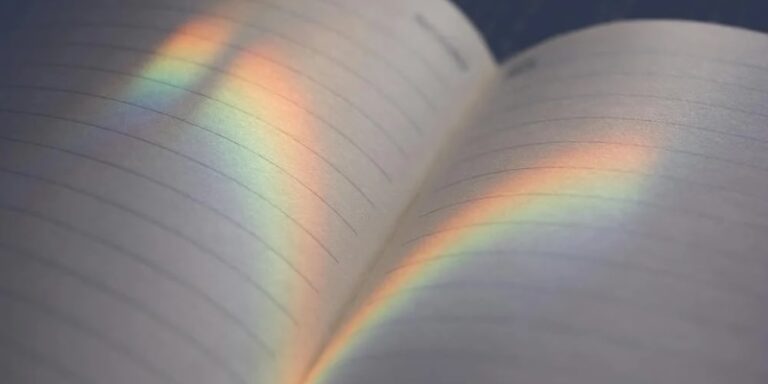I was celebrating the release of my third middle grade novel, , at a recent bookstore event when someone asked me, “How does it feels to write LGBTQ+ stories for young people?” I paused, overwhelmed by the tangle of words this question brought up. But one word stood out. “Impossible,” I said.
“It feels impossible.” I didn’t mean that it’s impossible to write these stories. It’s the fact that I to write them that blows my mind.

You see, I grew up in a conservative, evangelical household in the Midwest that upheld bigoted beliefs about the LGBTQ+ community. I knew early on that I wasn’t straight, but I felt like I couldn’t say anything. I didn’t know how.
There weren’t any queer role models. I didn’t have access to positive queer representation in media. I read voraciously, but I never saw myself in the books I loved so much.
Without a sense of community or a reflection of myself, I withdrew. I lived with intense shame, fear, and guilt before reaching a crossroads in my sophomore year of college: come out as gay or end my life. Coming out wasn’t easy, but I’m so glad—and so lucky—that I chose to say something instead of acting upon what felt like my only alternative.
While I’m thrilled to report that my family is now completely supportive of the LGBTQ+ community, the impact of that upbringing is long-lasting. I will never forget the isolation, the depression, and the constant wondering if I was made wrong. But where there was once a dearth .
















